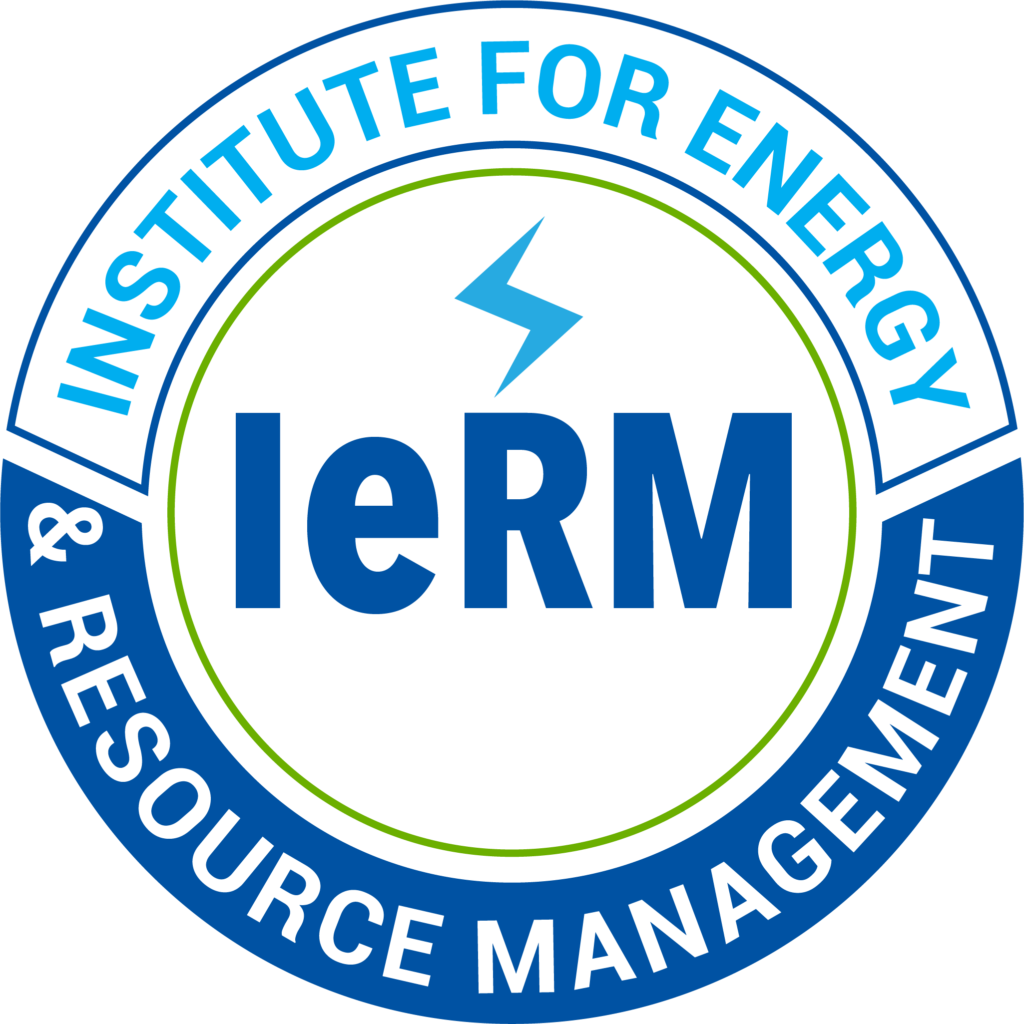While we favor a circular economy without landfilling or WTE/Incineration the nature of society (and consuming) does create waste that cannot be avoided or recycled. In that case waste should first be made inert, toxics destroyed, and materials and energy recovered so that landfilling, the worst option for dealing with…
…
Advocates of sustainable energy and waste management have been critical of the King County Solid Waste Division’s apparent push to expand the landfill. In September 2021, the Institute for Energy and Resource Management issued a public statement calling the King County Solid Waste Division’s environmental impact statement a “boondoogle,” and accusing the county of “going through the motions but having the conclusion decided well before hand.”
President of the Institute for Energy and Resource Management, Philipp Schmidt-Pathmann, has been increasingly vocal in his criticism of the King County Solid Waste Division and what he believes has been a lack of investment in recycling infrastructure and systems improvements. He cited stagnate rates of recycling in the region over the years.
Schmidt-Pathmann also has expressed his disbelief in the county’s studies, which claim the possibility of high rates of methane recapture from the landfill. Schmidt-Pathmann believes that the county has overinflated the rates of methane that can be captured as a way of making a landfill look like a more viable and sustainable waste management method than he believes it truly is.
He expressed his skepticism regarding the county’s reported rates of methane capture in a letter to the director of the King County Solid Waste Division in November of 2021.
…
One sensitivity explored the comparison of adopting a 20 vs a 100-year time horizon. This clearly highlighted the large impact of methane emissions from landfills, in accordance with the recent IPCC report’s emphasis on the urgency to reduce GHG-emissions.
Another sensitivity investigated the CO2eq savings by energy recovery. The average electricity and heat mix of the European grid (and its evolution with a higher penetration of renewables in the future) is considered as default assumption for energy substitution. A sensitivity analysis with a marginal approach has also been developed which means that processes which recover energy from waste avoid the most carbon intensive conventional power generation technologies – fossil fuel sources. This sensitivity highlights even more the great contributions of energy recovery from waste in a decarbonisation perspective.
The waste management industry has cross-industrial interlinkages by making valuable waste-derived content available to the whole economy as secondary resources for material and energy uses.
– The EPA has stated it believes estimates of methane emissions from landfills may be twice as high as models indicate. While the landfill industry might disagree, numerous field studies have found that methane emissions are actually much higher than estimated. A 2016 study by Germany’s Institute for Energy and Environmental Research identified that landfill operators’ claims of methane recovery left out substantial amounts of emissions.
-Waste management companies are no longer just local contractors and the largest landfill operators are now national publicly traded companies. Substantial sums have been spent at the federal and state level by the waste management industry to influence the development and implementation of regulations. It is clear that waste companies have a vested interest in maintaining the status quo, and are willing to spend to do so.
-As more and more people come to realize the urgency of the climate crisis and the need for real and significant action, the U.S. must follow suit. As European Union Commission President Ursula von der Leyen said before the opening of the COP26 conference in Glasgow, now comes the “moment of truth” that will affect the “survival of mankind.”
Understanding waste-to-energy’s financial and environmental impact in King County. By Cameron Sheppard King County officials are proposing and exploring more sustainable alternatives to the massive Cedar Hills Landfill, including the burning of waste through waste-to-energy systems. Questions and concerns have been raised regarding some of the potential externalities WTE could have on the…




